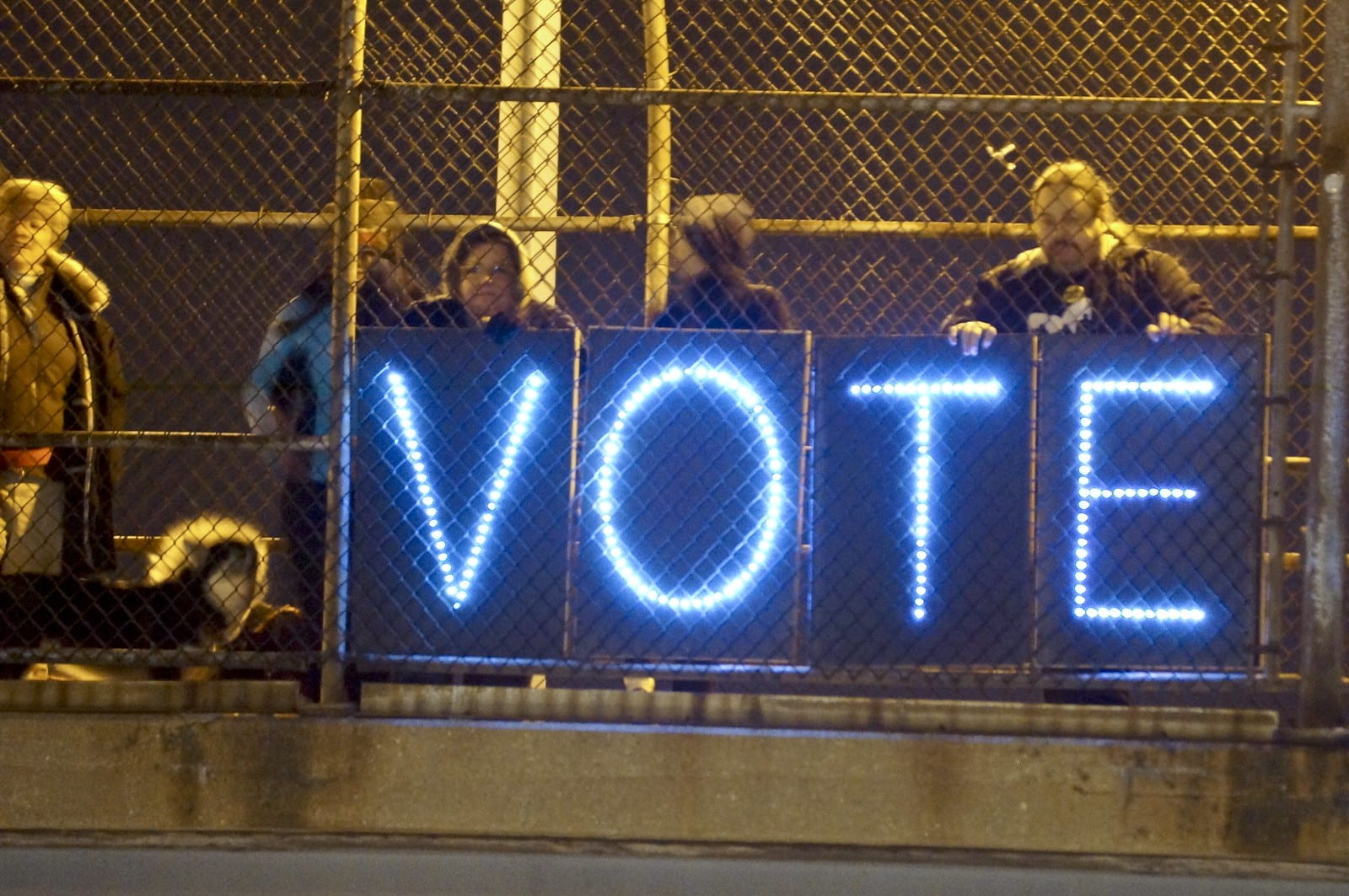Though the right to vote was codified as a fundamental human right in Article 21 of the Universal Declaration of Human Rights in the 20th century, voting has been a cornerstone of American democracy since the nation’s founding in 1776 (though it took a while to realize this right for everyone). In order to call itself a representative democracy, the United States must represent its citizens through laws and elected officials, which is executed through free and fair elections with equal access to participating in the voting process. In this article, we will be covering the importance of ensuring voter accessibility, some upcoming voter issues from a human rights standpoint, and, of course, how your vote matters!
Please scroll to the end of this article for information on voter registration, aid in accessing the polls, remote voting options, and how to find your local candidates and docket items.
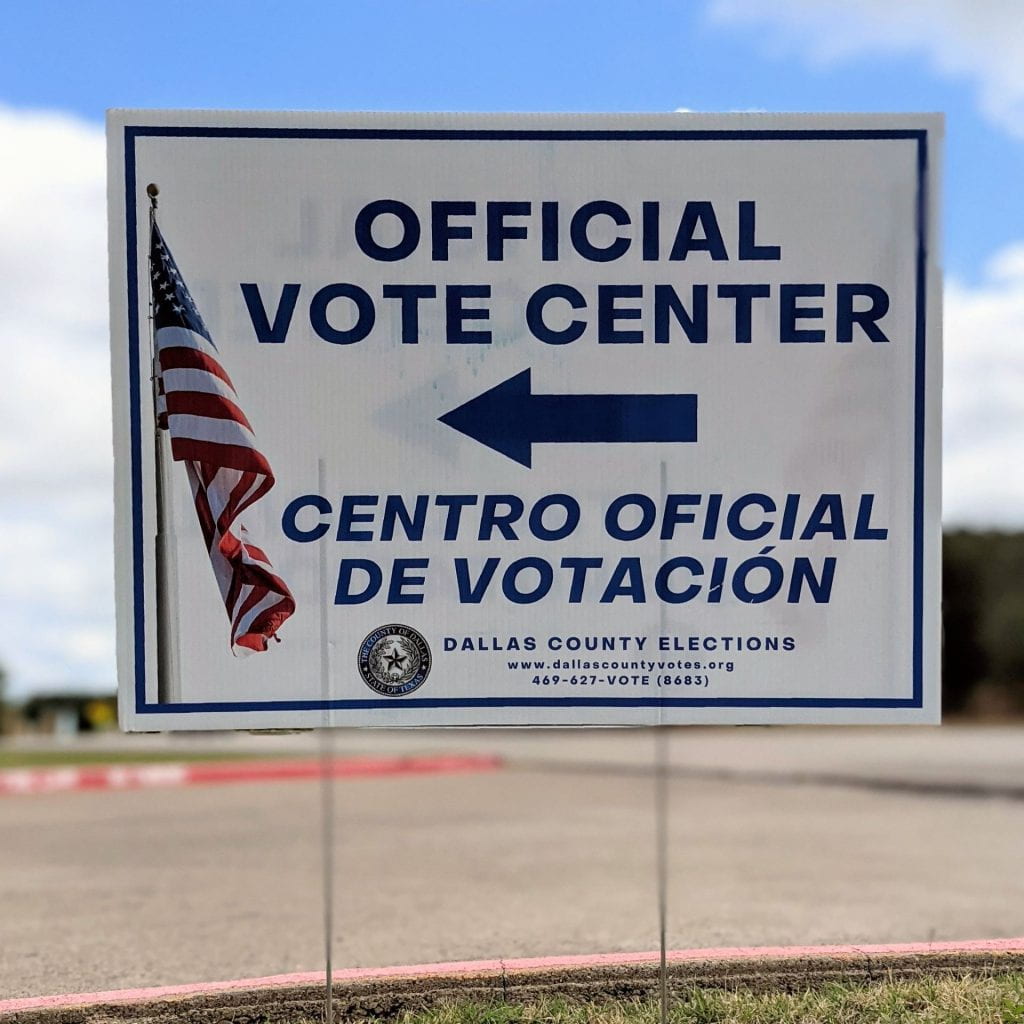
What are Midterms?
Midterm elections are held in the middle of Presidential terms. In midterm elections, eligible citizens vote for the House and Senate candidates that, if elected, shape national laws and policies. The 2022 midterm elections take place this year on Tuesday, November 8, 2022, and will have a major impact on citizens’ rights on both the state and national level. These elections determine which political party will hold the majority in the houses of Congress for the next two years, which can affect everything from the federal budget to national and international policy. Check the current midterms forecast here to see how the House, Senate, and your state elections are predicted to go.
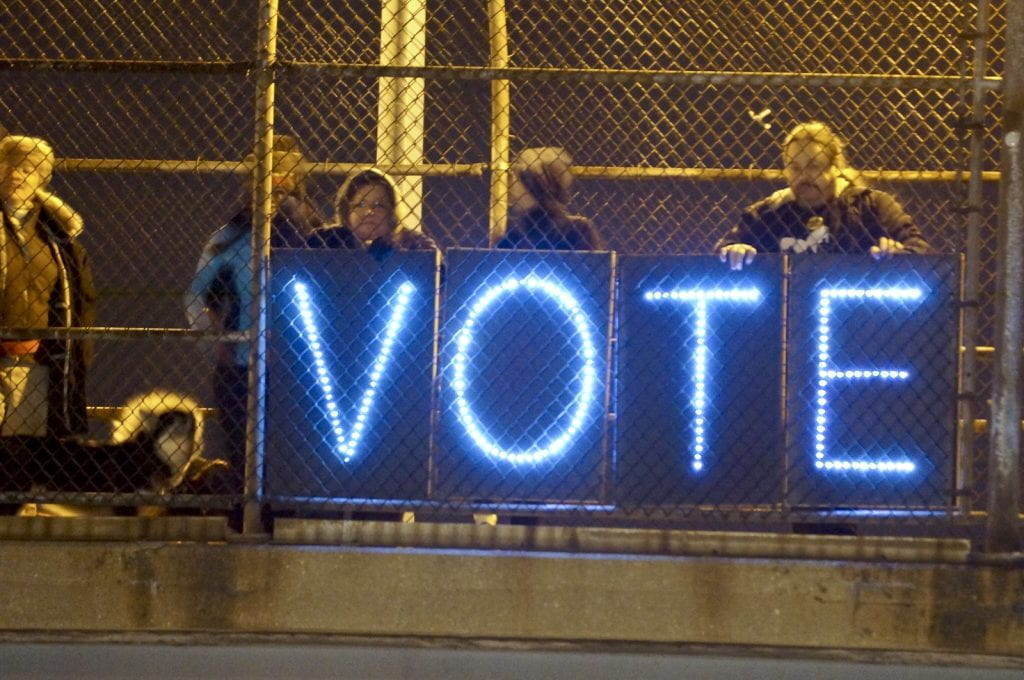
Each Vote Matters
The most common response I receive when asking why my peers choose not to vote is the thought that, “one vote cannot make a difference”. History disagrees. The 2020 presidential election saw a record voter turnout, with nearly two thirds of all eligible voters (158.4 million people) showing up to the polls. However, midterm elections historically have 10-20% lower voter turnout than presidential elections. For example, the 2018 midterm elections only saw 113 million votes, which is roughly 53% of the eligible voter population; and that was still the highest voter turnout for a midterm election in four decades with a historic average of roughly 40%. That means the elected officials who vote on crucial national policies like minimum wage, education, housing and healthcare are only representative of less than half of Americas eligible voters.
In addition, following the Supreme Court’s decision of Dobbs vs Jackson in June 2022, we have seen a large change in voter demographics as historically conservative states like Kansas, Ohio and Alaska observe spikes in young, female voters and Democrat registrations. On September 13, 2022, Democrat Mary Peltola was sworn in as the first Alaskan Native to be elected as an Alaskan representative in Congress. States that have been dependably Republican for decades are now facing a new population of politically active citizens flocking to all forms of civil engagement in order to change their states, for the present and the future.
The Voter Issues
As we get closer to the midterm elections, it is important that we recognize both the dangers and the potential solutions that could be determined by the vote this upcoming November. Below you will find some of the largest human rights realms that will be affected by the outcome of the midterms.
Voter Issue: Abortion Rights
In the wake of Dobbs v Jackson, the right to elective abortions has become a prioritized and contentious voting issue for the 2022 midterms. Currently, 26 states are likely, planning to, or have already restricted access to elective abortions following Dobbs. The Pew Charitable Trusts used recent data to create the map below:
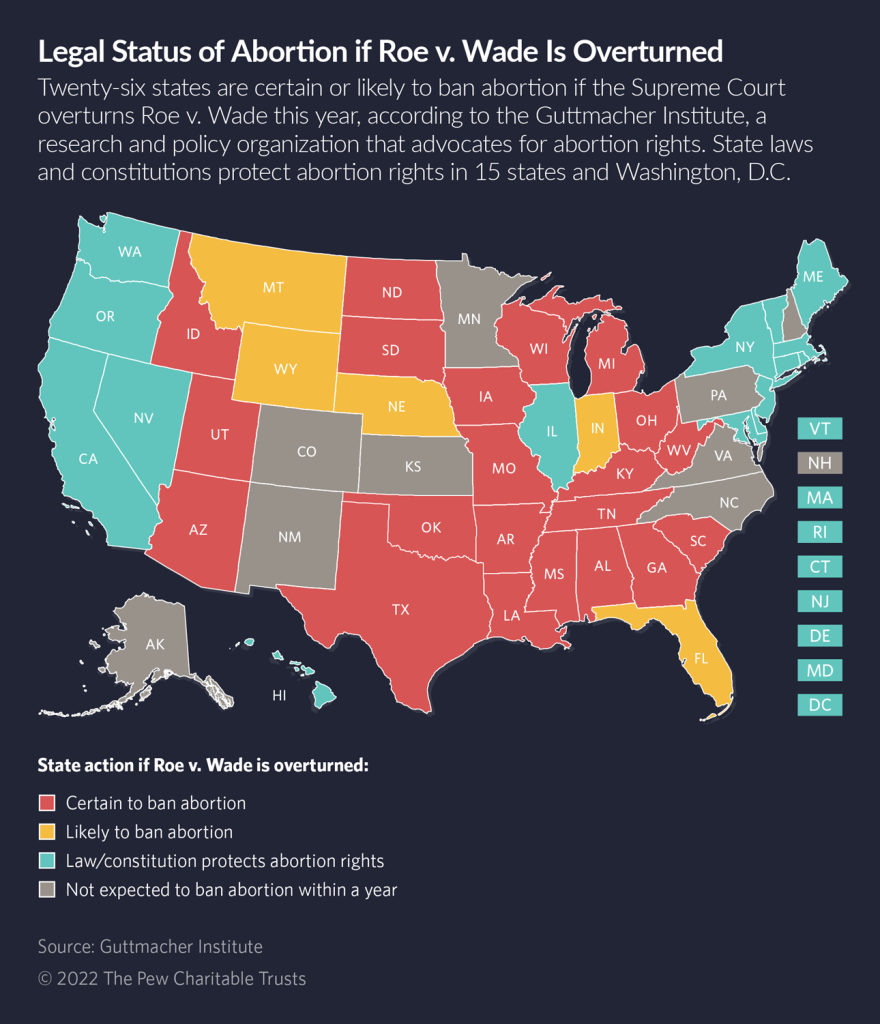
For the first time in five decades, local and state representatives will now determine whether women and people who can get pregnant in your state will have access to what was considered a nationally protected right under Roe v Wade. Beyond the simple matter of legal access, those elected to your state governments have the ability to further restrict or protect the right to abortion in your state. On the national level, those elected to Congress this November will be voting on policies like the Women’s Health Protection Act; a piece of federal legislature that would protect abortion access nationwide.
While we are still two months away from elections, there are many signals that abortion will be one of the largest voter issues this election season. The very demographic of voter registrations has shifted following the Dobbs decision in June, with a rise in female, young, and Democrat voter registrations nationwide. In Kansas, a state with a long history of voting red (56% of Kansas voters cast their ballots for Donald Trump in 2020), an anti-abortion referendum was struck down by 59% of votes. This is the first time since Dobbs was decided that restrictive abortion legislation was struck down by voters. It was also a clear display of voter participation shifting the partisan norm as a deeply conservative state was met at the polls by voters, impassioned with protecting reproductive rights.

Voter Issue: Climate Change
The United Nations passed a resolution in July of 2022 that declares a clean, healthy environment is a universal human right. In addition, the recently passed Inflation Reduction Act plans to tackle both economic and environmental issues by majorly investing in clean energy production and creating jobs in the industry. Unsurprisingly, the Pew Research Center found that energy policy and climate change are two predominant issues voters will consider when casting their votes in November.

Voter Issue: Healthcare
The right to health is an inclusive right, defined by the United Nations as encompassing accessibility, quality, and availability amongst other qualities. While the aforementioned Inflation Reduction Act plans to lower drug costs for Medicare recipients, America still stands alone as the only developed nation in the world that does not have Universal Healthcare.
With chronic, severe or uncommon conditions, constant full-time employment may be the only way to gain affordable insurance that provides access to vital drugs and treatments. Insulin and Epi-Pens are two life-saving essential drugs that American citizens experience being denied access to because they cannot afford out of pocket costs. A simple ambulance ride can cost upwards of $1,200, an amount many Americans could not pay without incurring debt. With bankruptcy and extreme medical woes being legitimate fears for American citizens without health insurance, it is easy to see why 60% of voters say that healthcare policy is very important to their vote in the midterm elections.
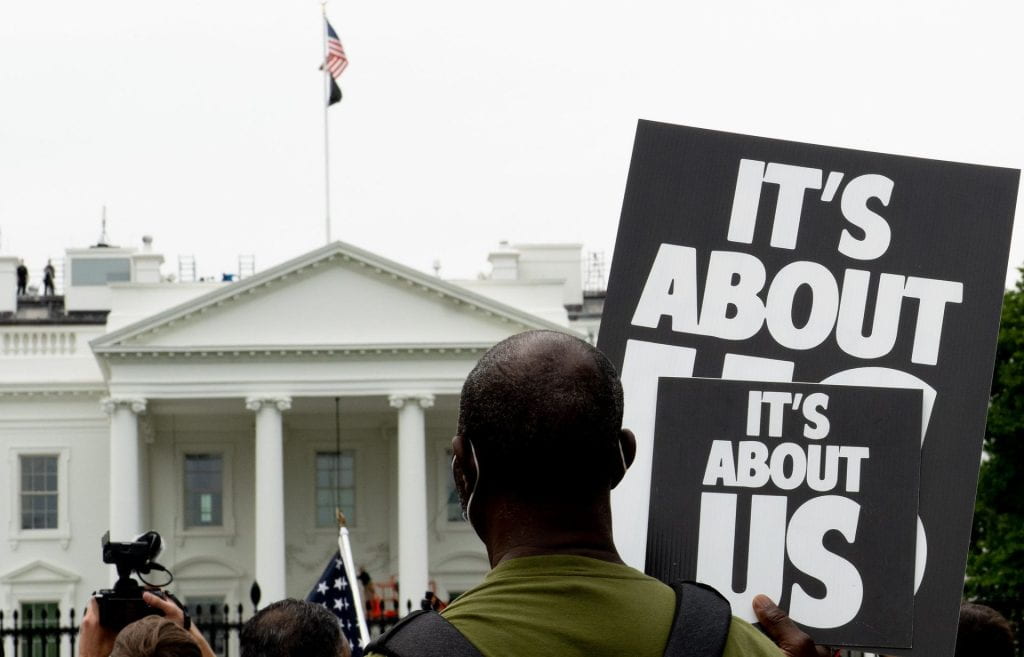
Voter Accessibility And Suppression
Voter suppression, whether passive or active, is a real issue in 2022. It is crucial that we recognize the ways in which voter accessibility is inhibited, especially in the discussion of voter turnout and how that affects who is truly represented in the US Government. Lack of accessibility and excessive voter registration requirements are detrimental to our voter turnout, and contribute to feelings of helplessness and voter apathy.
One of the largest inhibitors of active voters is pure accessibility. The US Justice Department states that, “Title II of the ADA requires state and local governments… ensure that people with disabilities have a full and equal opportunity to vote. The ADA’s provisions apply to all aspects of voting”. While some cite mail-in voting as a solution to physically inaccessible polling locations, the DOJ continues to specify that, “Any alternative method of voting must offer voters with disabilities an equally effective opportunity to cast their votes in person,” meaning that simply offering a mail-in vote option is not just insufficient; it is illegal. Despite this, the American Bar Association has found that “persons with disabilities made up one-sixth of eligible voters in the 2016 election, yet only 40 percent of polling places were accessible.” Both persons with disabilities and the older population are greatly impacted by this lack of accessibility.
While accessibility at physical voting locations is a major issue, the voter process begins with voter registration; a procedure that can be incredibly inhibiting. Voter ID requirements are one of the primary obstructions across the board when citizens attempt to register to vote. Burdensome voter identification restrictions are explained as necessary security measures, but their policy outcome is that citizens who are eligible to vote are unable to due to the expensive and time-consuming process necessary to obtain government IDs. While the average percent of eligible voters who lack a government-issued photo ID is roughly 11% per the Brennan Center’s research, that amount is significantly higher amongst minority groups, low-income people (15%), young voters 18-24 (18%) and old voters 64 or above (18%). The highest category though is African-American citizens, who reported a staggering 25% of voting-age citizens without eligible IDs. In a nation with a history of civil rights abuses, institutional racism and voter suppression, modern voter ID laws must be re-evaluated in order to uphold the integrity of the electoral system in America.
Additional voter restriction issues include lack of public transportation to polling sites, deceptive practices, racial and partisan gerrymandering, employers not providing time off, long lines, prolific jailed, previously jailed and ex-felon disenfranchisement. A representative democracy must represent its people, and to do that its people must be able to vote.
Resources:
- Please click HERE to register to vote. If you are interested in absentee or mail in voting options, please check out this page where you can speak to an agent if you have any additional questions!
- VoteRiders is an amazing nonprofit that helps voters to obtain their necessary documentations, and can help provide rides to the DMV to obtain photo IDs and rides to the polls through their volunteer service! Their organization will also cover any fees necessary in the ID process, so please check them out if their resources would be helpful to you or if you are interested in volunteering with them! You can also reach their help line at 888-338-8743
- Rock the Vote provides helpful information on voting in your state, walks you through the registration process and provides helpful reminders for upcoming voter deadlines!
- To learn more about voter suppression or to join the fight against voter ID restrictions and voter suppression nationwide, please check out the ACLU and the Brennan Center today!
- Find the forecast for your State’s midterm election results here
